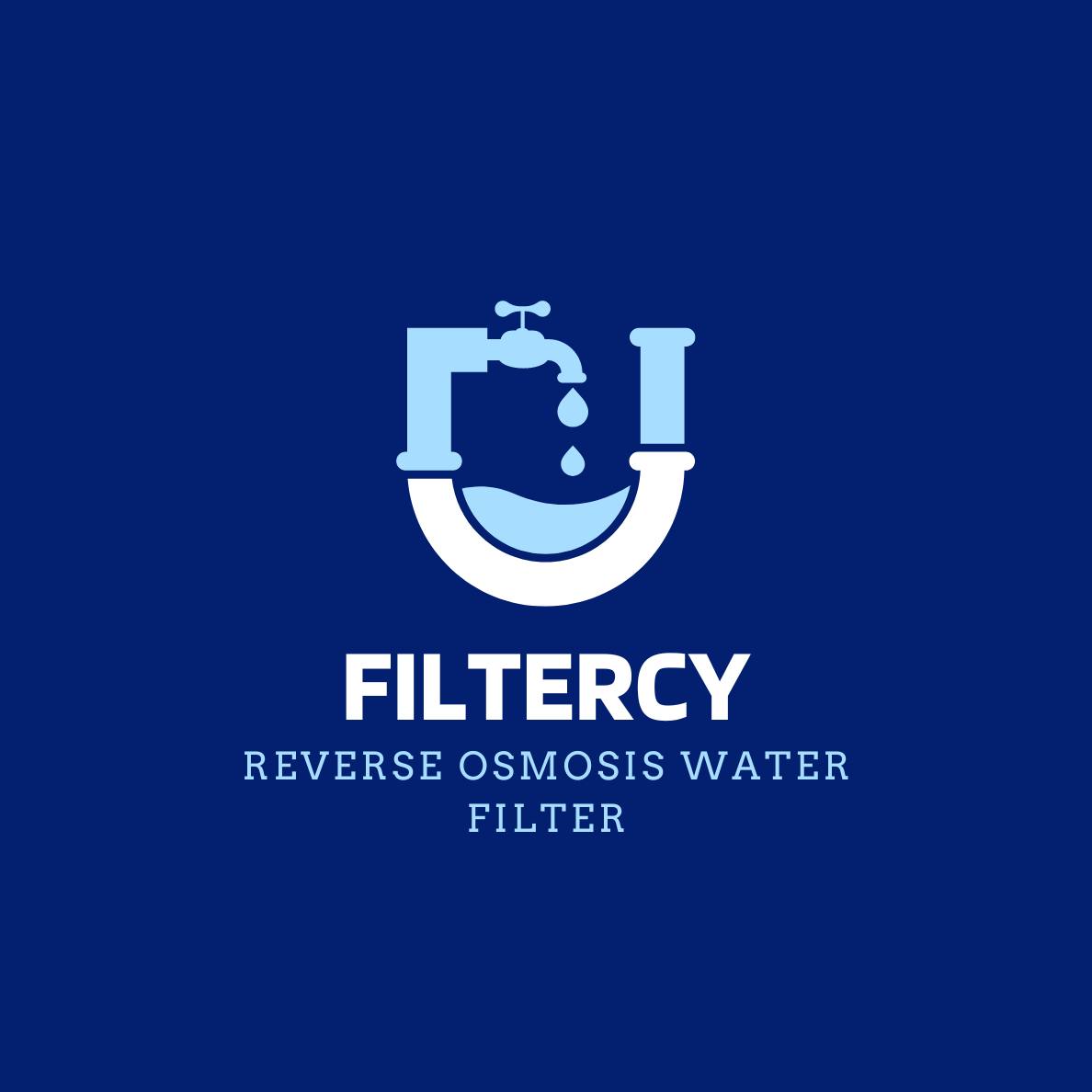
Thank you for your interest in our company!
Fill the form and we will contact you as soon as possible
You agree to our Data privacy

Water Softeners and Savings: Reducing Household Expenses
A water softener is not only a way to improve water quality but also a valuable tool for cutting everyday expenses. Hard water, which contains high levels of calcium and magnesium, leaves mineral deposits on heating elements and surfaces of household appliances, leading to increased energy use, faster wear, and frequent repairs. Using a water softener helps prevent these issues, allowing for savings on multiple fronts.
When appliances like washing machines, dishwashers, water heaters, and coffee makers operate with hard water, limescale builds up on heating elements and pipes. This buildup forces appliances to work harder and longer to heat water to the desired temperature, resulting in higher energy consumption, which directly impacts your utility bills. With a water softener that removes or reduces calcium and magnesium, limescale is prevented, allowing appliances to run more efficiently and consume less energy.
Hard water also reduces the effectiveness of detergents, as minerals interfere with their ability to dissolve fully and create lather. This means you end up using more detergent for washing clothes or dishes, increasing overall usage and cost. With softened water from a water softener, detergents lather more easily and work more effectively, reducing the amount needed and saving on detergent purchases.
Additionally, regular buildup of limescale and mineral deposits in pipes and appliances leads to accelerated wear and tear. Appliances that rely on hard water often require more frequent repairs and replacement parts, leading to additional maintenance costs. A water softener extends the life of appliances, keeping them in better working condition and preventing frequent breakdowns, which means you can save money on repairs and replacements.
In this way, installing a water softener is a smart investment that helps lower expenses on electricity, water, detergents, and appliance repairs.
When appliances like washing machines, dishwashers, water heaters, and coffee makers operate with hard water, limescale builds up on heating elements and pipes. This buildup forces appliances to work harder and longer to heat water to the desired temperature, resulting in higher energy consumption, which directly impacts your utility bills. With a water softener that removes or reduces calcium and magnesium, limescale is prevented, allowing appliances to run more efficiently and consume less energy.
Hard water also reduces the effectiveness of detergents, as minerals interfere with their ability to dissolve fully and create lather. This means you end up using more detergent for washing clothes or dishes, increasing overall usage and cost. With softened water from a water softener, detergents lather more easily and work more effectively, reducing the amount needed and saving on detergent purchases.
Additionally, regular buildup of limescale and mineral deposits in pipes and appliances leads to accelerated wear and tear. Appliances that rely on hard water often require more frequent repairs and replacement parts, leading to additional maintenance costs. A water softener extends the life of appliances, keeping them in better working condition and preventing frequent breakdowns, which means you can save money on repairs and replacements.
In this way, installing a water softener is a smart investment that helps lower expenses on electricity, water, detergents, and appliance repairs.
| | Beauty starts with water Discover the many benefits of soft water and pamper yourself every day You agree to our Data privacy |

